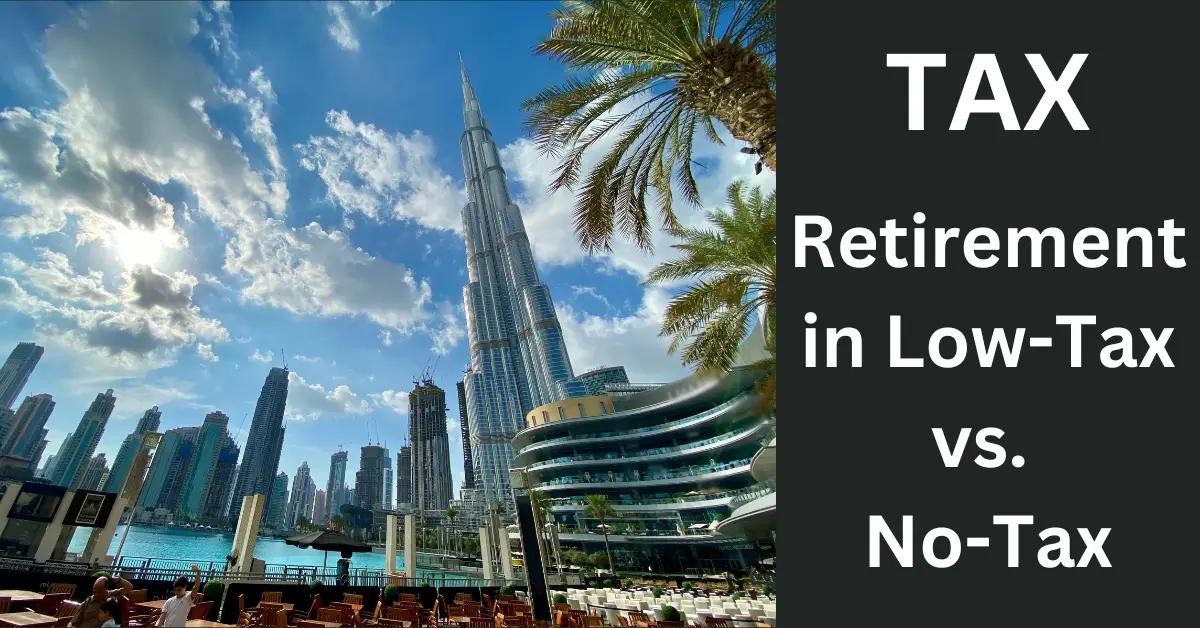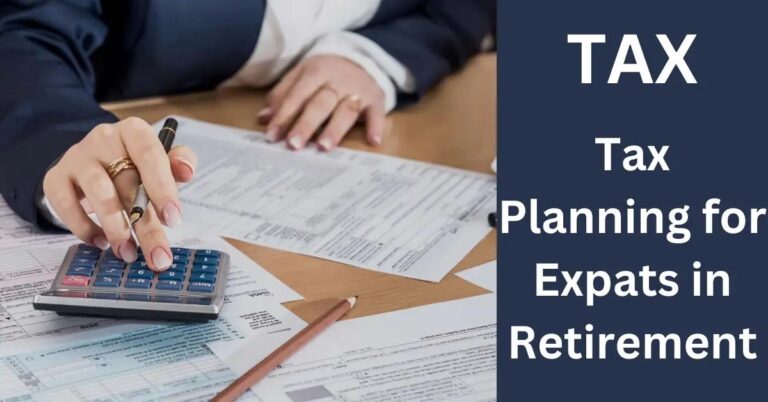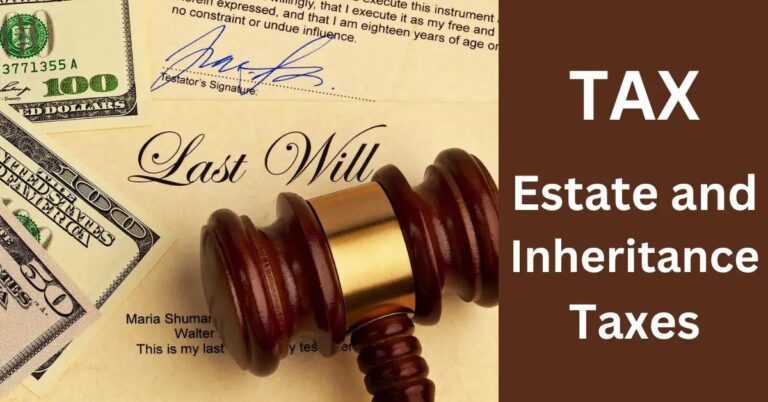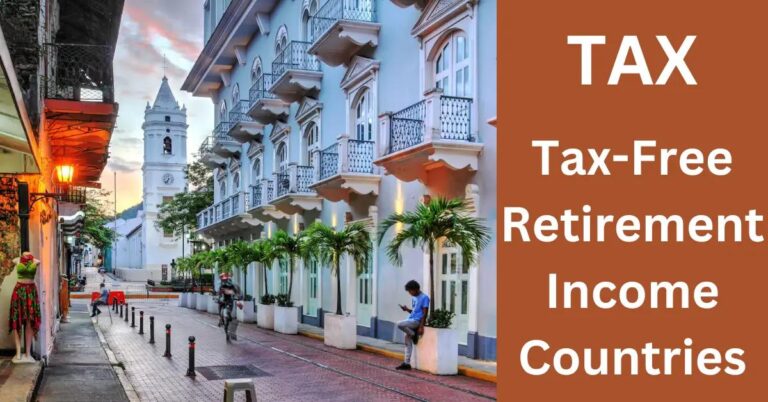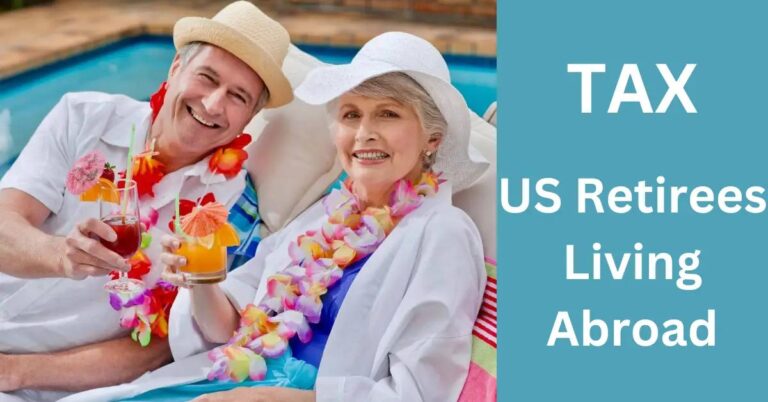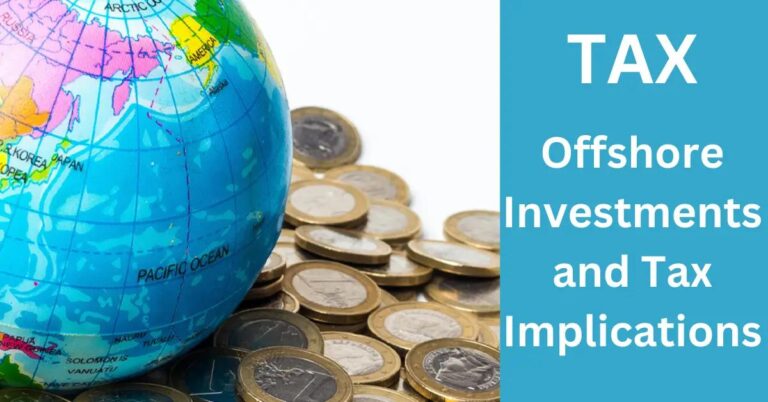TL;DR:
- Low-tax countries have lower tax rates; no-tax countries don’t tax income at all.
- Costa Rica, Portugal, Malaysia, and Thailand are popular low-tax retirement destinations.
- The Bahamas, Cayman Islands, Bermuda, and UAE are no-tax options, but living costs may vary.
- Panama and Singapore also offer favorable tax policies for retirees.
- Healthcare is better in low-tax countries but more expensive.
- No-tax countries offer financial freedom but may lack amenities.
- Expat hubs like Lisbon, Kuala Lumpur, and San José offer affordable living and friendly tax policies.
- Budgeting and risk management are essential for expat retirees.
- Consider dual residency and tax treaties to minimize liabilities.
- Consult financial advisors for tailored retirement planning.
Thinking about where to retire? Consider the big tax question! Do low or no taxes make life better? Each choice has perks and pitfalls. I’ll guide you through how taxes could impact your golden years. We’ll look at tax-friendly countries and explore how taxes shape your budget. With this knowledge, uncover the best fit for a happy, low-tax retirement. Ready to dive in? Let’s go!
What Are the Key Differences Between Low-Tax and No-Tax Retirement Destinations?
When deciding where to retire, understanding low-tax vs. no-tax countries is key. Low-tax countries have lower income tax rates, but not zero. They might offer special tax breaks to retirees. No-tax countries don’t tax personal income at all. Each option has its own benefits and drawbacks.
Are there best countries to retire with low taxes? In my experience, Costa Rica, Portugal, and Malaysia are common choices. Costa Rica offers low-cost living and tax incentives for pensioners. Portugal has a non-habitual residence regime that can reduce taxes for ten years. Malaysia’s visa program gives retirees tax benefits.
What is the cheapest and safest place to retire? Many retirees choose Panama. Panama has a low cost of living and a good healthcare system. It also offers a popular pensionado program, which gives retirees discounts and tax breaks on imports and services.
Tax-friendly policies are a big draw for retirees in these countries. For instance, Portugal’s regime cuts taxes on foreign pensions. Malaysia gives tax incentives for foreign income. These policies help retirees stretch their savings further.
Typical cost savings differ between low-tax and no-tax countries. In low-tax countries, you might save on healthcare due to efficient private services. In no-tax countries, reduced taxes on pensions and income make life cheaper overall.
Each option has pros and cons. Low-tax countries often offer more in terms of community and lifestyle but have some tax costs. No-tax countries can be more isolated but offer larger tax savings. Your choice should consider lifestyle and cost savings.
The cost of living varies. Low-tax countries might offer cheaper healthcare or real estate. No-tax countries have lower overall taxes, but often higher costs for housing and services. Consider local prices, healthcare, and culture when choosing a retirement destination.
Understanding these differences can help maximize retirement savings. Carefully planning your tax options can lead to a more comfortable and enjoyable retirement abroad.
How Do Taxes Impact Your Retirement Income?
Taxes can greatly change how much money you have during retirement. If you live in a country with high income tax for retirees, you might see less of your savings each year. But, if you pick a country with no tax on retirement income, your money could last longer.
Which countries don’t tax retirement income? Some popular choices include Panama, Portugal, and Singapore. These places have friendly policies that let retirees keep more of their money. No taxes mean the funds you set aside grow without the government taking a slice.
These policies also affect your retirement investments. For example, countries without investment taxes can mean accounts grow faster. This kind of growth can make a big difference in your retirement lifestyle. You’ll have more to spend on travel, hobbies, or health care.
Where is the best place to retire to avoid taxes? That depends on your preferences. Each no-tax country has its unique culture, climate, and rules. But generally, places with no tax on retirement income give you more financial freedom.
There are smart strategies to earn tax-free income during retirement, too. Using tools like Roth IRAs might help. These investments let your money grow tax-free. Planning withdrawals carefully can avoid extra taxes. This means more fun, less worry.
Countries with enticing [expatriate tax] incentives can also save you money. Consider treaties and agreements that offer breaks to retirees. Some nations have special deals for foreign residents. These features can really stretch your budget further.
In choosing your retirement destination, think about these financial aspects. Understanding how taxes work can mean the difference between stress-free living and financial strain. By knowing your options and planning ahead, you can enjoy the retirement you’ve always dreamed of.
What are the Best Low-Tax and No-Tax Countries for Retirees?
Choosing where to retire can be hard. Taxes are a big part of this choice. Some countries have low taxes, while others have no taxes at all. This can make a retirement budget go farther.
Best Low-Tax Countries for Retirees
In terms of low-tax countries appealing to retirees, Portugal often tops the list. They offer non-habitual resident status, which can lead to favorable tax treatment for foreigners. Malaysia and Thailand both provide affordable living with lower taxes compared to Western counterparts. Though taxes exist, the overall rates might not burden retirees heavily. Costa Rica also offers low taxes combined with reasonable living costs, making it a popular destination.
No-Tax Countries That Favor Retirees
No-tax countries appeal because they don’t tax personal income. The Bahamas is one such place, attracting many with its warm climate and tax-free living. The Cayman Islands and Bermuda also boast no taxes on income. These locations, however, often have higher costs in other areas, so budgeting is necessary. The United Arab Emirates provides no income tax but living costs could be steep for retirees.
Best Options Near California and Texas
For retirees near California, considering Mexico might make sense. Some areas offer lower taxes and living costs. For Texas retirees, Costa Rica could be an ideal place due to its proximity and favorable tax policies.
Examples of Tax Policies That Benefit Retirees
Countries with beneficial tax policies help stretch pensions and savings. Portugal’s non-habitual residency is just one example. Panama offers a program called the Pensionado Visa, which reduces taxes for eligible retirees. Italy gives certain regions special tax breaks, attracting foreign retirees. Understanding these policies can save money.
Popular Expat Retirement Hubs
Expat hubs like Lisbon in Portugal, Kuala Lumpur in Malaysia, and San José in Costa Rica provide vibrant expat communities. Each offers different living experiences but shares lower living costs and friendly tax policies. This helps retirees maintain a comfortable lifestyle without worrying much about taxes.
What Financial Considerations Should Retirees Have in Mind?
When planning for retirement abroad, financial stability is essential. As an expat, you need to know the tax benefits available in your chosen country. Some places offer special expat retiree tax benefits that can boost your savings. Always check these benefits with a financial advisor experienced in expatriate retirement planning.
Do you need help with tax filing requirements abroad? Let’s answer that. Filing taxes as an expat can be complex. Most countries have specific tax filing requirements for retirees. Knowing these rules is crucial to maintaining good financial standing. You might need to file taxes in both your home country and your new country. This depends on tax treaties between those nations. Consulting a financial advisor can simplify this process. They help you stay compliant with local tax laws and avoid unnecessary penalties.
Budgeting is vital when retiring overseas. Create a budget that accounts for your daily needs and unexpected expenses. This includes healthcare, housing, and leisure activities. A well-planned budget ensures a sustainable and comfortable retirement lifestyle. Remember, the cost of living varies widely between countries. Some no-tax nations might seem attractive, but they could have higher living costs.
Risk management is another key factor. A sudden financial crisis can affect your retirement plans. Consider insurance and other risk management strategies to protect your savings. Diversifying your investments is one way to manage these risks. It ensures you do not depend on a single source of income.
Seek advice from financial experts who focus on expat retirees. They provide valuable guidance tailored to your needs. They help with everything from understanding tax benefits to managing financial risks. This ensures the financial aspects of your retirement are in safe hands.
In conclusion, careful planning is crucial. Assess your financial needs and explore all available options. This will make your retirement abroad both enjoyable and secure.
How Does Healthcare and Quality of Life Differ in Low-Tax vs. No-Tax Destinations?
Let’s tackle this question with a clear-eyed view of facts. First, we examine healthcare differences. In low-tax countries, there is often better infrastructure. These nations might have more hospitals and doctors. However, costs can vary. Consider the out-of-pocket expenses, which might be more than you expect.
Conversely, no-tax countries often appeal with lower living costs. But, healthcare infrastructure might not match the standards you crave. You might find fewer specialists and facilities. In some no-tax spots, private healthcare is popular. Yet, you must weigh affordability against quality.
Accessibility of care is crucial. Low-tax countries tend to offer quicker service. Wait times in public systems might be shorter. The systems in no-tax places can cause delays. Sometimes, you must travel for serious treatments.
Now, let’s look at quality of life. In both settings, retirees might find joys and struggles. Expat communities in low-tax areas can offer more amenities. Clubs, social events, and support can improve your experience. No-tax countries may focus on affordability over luxury. Yet, community bonds can still be strong.
Language can impact comfort. In low-tax countries, you might find English speakers or translators. But, in no-tax locations, the language barrier may be greater, affecting daily life.
Cultural factors matter too. Low-tax countries might have more diverse communities. Here, adapting could be easier. No-tax nations might challenge how you blend in. Many expats thrive, yet some may struggle to adjust.
If you want more personal insights, check forums or community reviews. You’ll find real stories from folks living there.
Weighing these aspects is vital for a happy retirement. Choose what aligns with your healthcare needs and life desires. Remember, it’s a decision worth careful thought.
How Can Retirees Maximize Benefits and Minimize Risks?
What are strategies to minimize tax liabilities? Retirees can lower taxes through thoughtful planning. First, explore tax-free savings accounts. They help reduce taxes on your earnings. Second, consider low-tax investments, like municipal bonds. You don’t pay federal tax on their interest. Third, make the most of standard deductions. These come into play when you subtract expenses from taxable income.
Next, let’s talk about income diversification. It’s crucial to have many income streams. Don’t rely on one source, like a pension or Social Security. Add rental income or part-time job earnings if you can. This approach spreads risk and can boost your retirement comfort.
Now, dual residency might be a smart move. How can retirees optimize dual residency? By keeping homes in two places, retirees can choose the best tax situation. Some countries have special tax deals for retirees. Often, you only need to spend a set amount of time in each place. Be sure to understand the rules before you commit to this lifestyle.
Strategic tax planning helps retirees save money too. Work with a planner to create a tax-efficient withdrawal plan. They can guide you on when and how much to withdraw from accounts. Timing matters because taxes may differ yearly.
Finally, legal requirements and risk management are vital. Always check tax laws in your chosen country. You don’t want surprises after you move. Also, look into any tax treaties between your home and new country. These treaties can prevent double taxation.
Invest wisely to manage risks in retirement. Spread your money across different assets. Mutual funds and index funds can be safe options. They usually don’t swing too wildly in value.
At this point, keeping taxes as low as possible helps build a sturdy financial future. You can live a more carefree retirement with plenty of prep now.
Conclusion
Choosing between low-tax and no-tax retirement options is crucial. We examined tax policies, cost savings, and living expenses. I compared healthcare, quality of life, and community factors too. Consider each option’s pros and cons carefully to decide what’s best for you. Retirement should be stress-free, so use these insights to strategize smartly. Optimize your finances by understanding local tax laws, leveraging expatriate benefits, and balancing quality of life with living costs. With the right planning, you can enjoy a fulfilling and worry-free retirement abroad.

